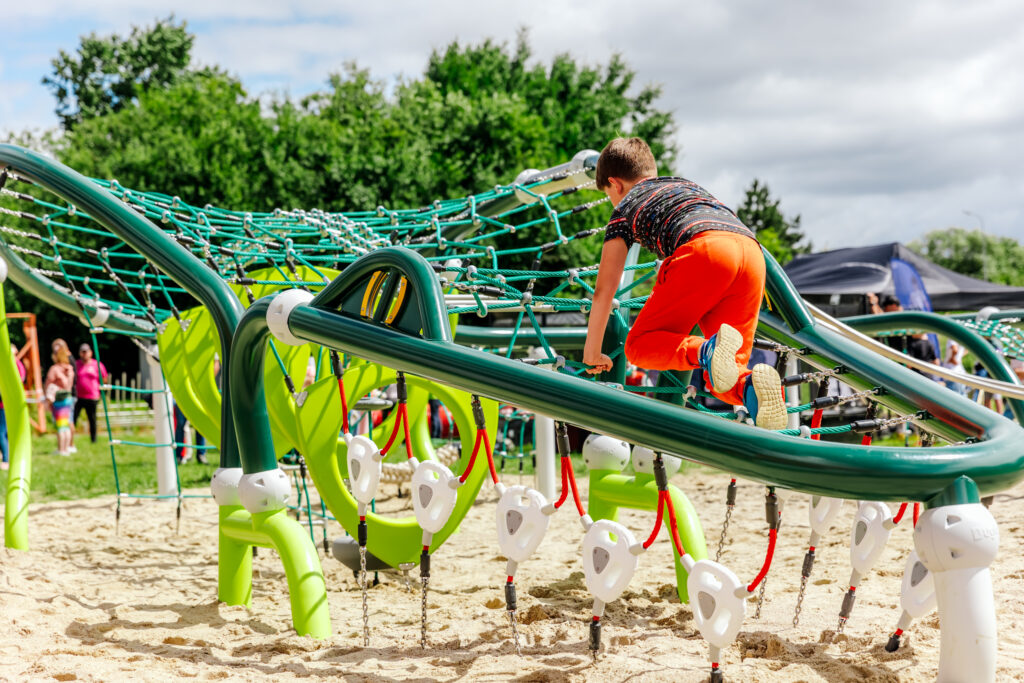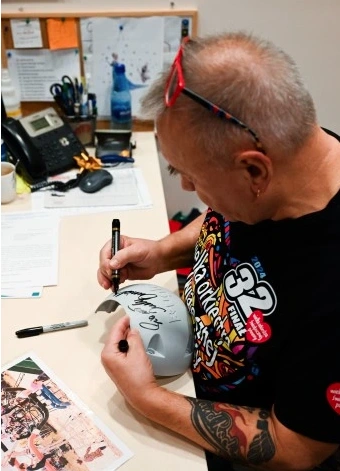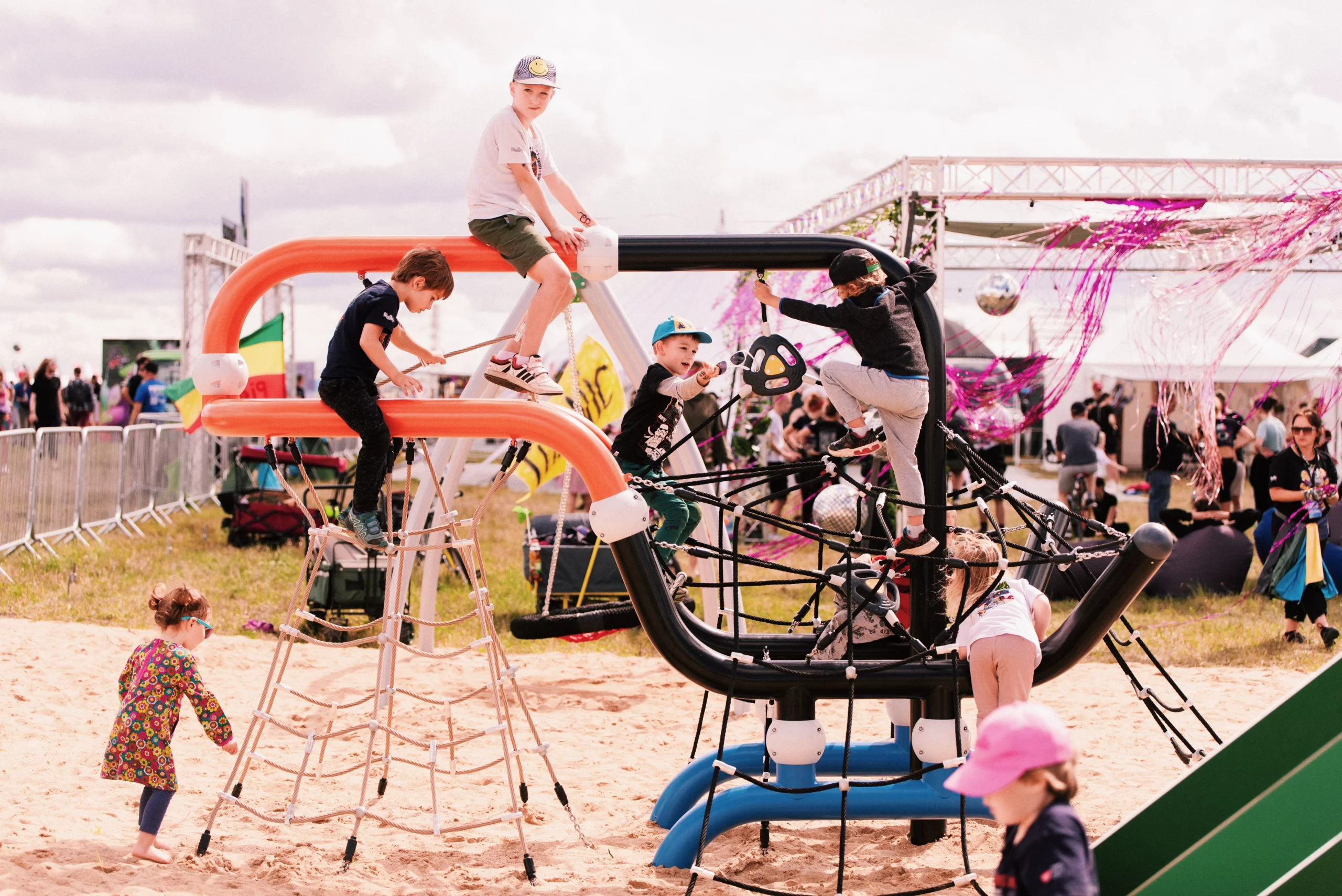
Why Is Playground Play So Important for Children?
We often underestimate the significant impact playgrounds have on child development—until that element is missing. In today’s world, more and more young people are struggling with emotional challenges, one reason being the increasing addiction to smartphones and social media. Research shows that technologies like selfies, Instagram, and Facebook have influenced adolescent brain development, leading to increased anxiety, depression, and a sense of isolation. That’s why providing children with a healthy alternative—active outdoor play—is so crucial.
Why Is a Playground More Than Just a Place to Play?
A child’s development can be divided into several key stages, and the right kind of play supports each of them. Children need a space where they can develop physically, emotionally, and socially. Playgrounds, such as those designed by Buglo, provide the perfect environment to fulfill these needs.
What makes playgrounds so magical? It’s the combination of play and learning in a natural and enjoyable way.
Children love spontaneous play, free from imposed rules. This type of play enhances their physical intelligence, teaches cooperation, builds relationships, and helps them manage emotions. On a playground, a child can freely explore the world without pressure, making learning more effective.
A playground is not just a place for running and climbing. It’s a space where children learn how to handle emotions and build relationships. Through play, children develop the ability to understand others’ emotional signals, which is a foundation of social intelligence. Over time, they also learn to make independent decisions and form healthy peer relationships.
Children learn by observing others. On the playground, they get the chance to imitate peers while also developing their own skills. When they see others overcoming challenges—whether climbing a ladder or playing hide-and-seek—they gain motivation to act. This natural form of social learning helps build self-confidence and fosters cooperation and conflict-resolution skills.
While playing, children also learn to follow social norms. Shared play is a great opportunity to learn important rules, such as taking turns, sharing, and resolving conflicts peacefully. These skills are invaluable in adulthood.
Buglo Playgrounds – A Space for Child Development
Buglo playgrounds are designed with children’s comprehensive development in mind. They offer not only fun but also support in acquiring essential life skills. Through physical activity on playgrounds, children become better at handling emotions, forming relationships, developing strategic thinking, and understanding social norms.
Play is more than just entertainment—it is a key element in building a healthy and happy adult life. And playgrounds like those from Buglo are the perfect place to foster that growth.



Dedicated playgrounds
Collections
Shortcuts
Fast action
Buglo Play Ltd.
4 BoWiD St.
75-209 Koszalin
NIP 5272952059